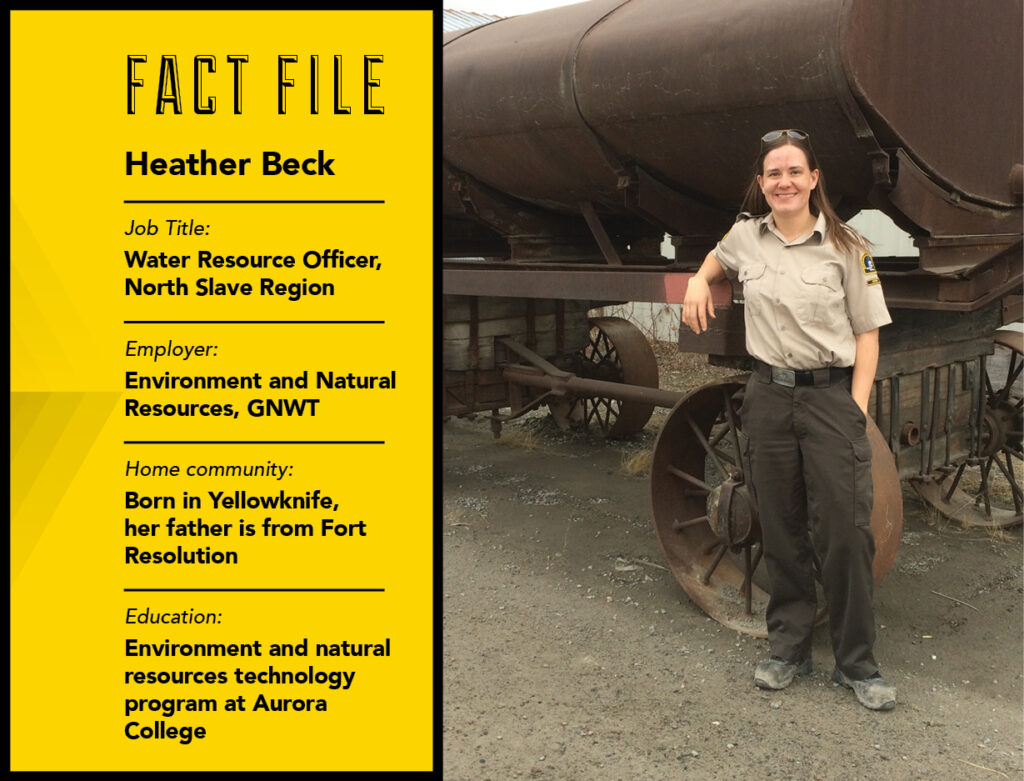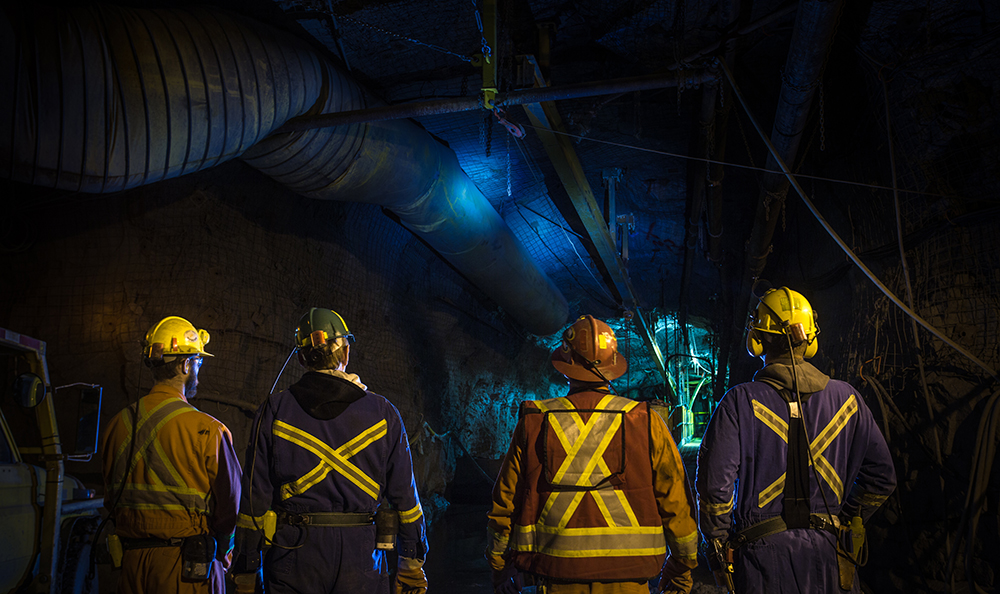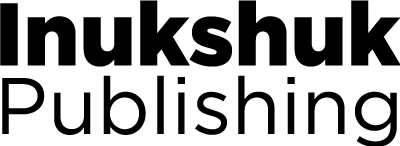The Many Facets of Mining
Protecting Water and Resources, One Day at A Time

Did you know that the Canadian mining industry directly employs more than 373,000 workers across the country in mineral extraction, smelting, fabrication and manufacturing, and indirectly employs an additional 190,000 in other related fields. Mining is also the largest private sector employer of Aboriginal people in Canada on a proportional basis. Here at ABQ we decided it was time to take a look at a few of those individuals with careers that are in some way connected to mining.

Heather Beck’s face lights up when she talks about what she likes best about her job as a water resource officer with the territorial government.
“A lot! Being a voice for the environment, working closely with the land, going out in the field, protecting wildlife, working with the mines, going out on the ice road … you never know what each day will bring.”
Water resource officers inspect, monitor and enforce legislation of various Acts and Regulations related to protecting the water. Responding to emergencies and oil spills, ensuring proper water waste disposal, monitoring wildlife and their habitat – on paper these are the job duties, but for Heather, it’s so much more than that.
“I really care about the animals. As a Métis, (her father is Chipewyan from Fort Resolution) I think it’s really important to have these resources for future generations.”
It’s the variety that keeps Heather on her toes. Duties overlap between water and resource officers, and they often help each other with their jobs.
“We could be working on a fuel spill and then get a call that there’s a bear trying to get into someone’s house. If there’s a wildland fire and with a mine in the area, we work closely with them to ensure protection of the people and assets. And that could all be in one day!”
It’s not your typical job, but Heather isn’t your typical person. She has her own dog team. She’s a yoga enthusiast and will soon be a trained yoga instructor. She’s from a family of hunters and thinks Aboriginal hunting rights should be protected. She believes responsible resource extraction is very important for communities across the North, yet is passionate about protecting animals and the environment. By nature of the job, Heather and her colleagues regularly liaise with the resource sector and have developed a good partnership.
“We monitor the ice road for compliance, and work with the mines to ensure they’re meeting their obligations to protect wildlife. If there’s a wildland fire in an area where a mine is located, we ensure protection of people and property. Some mines are in Care and Maintenance and we still need to make sure companies are compliant with the parameters of their water license. When there’s a fire or other emergency, the mines often let us use their airstrips and we can sleep and eat there, which is great when we’re out on a long patrol.”
Heather knows she’s in a job she was meant to do. Having previously worked for a decade in administration at Indigenous and Northern Affairs Canada, she was ready to pursue her dream career. She moved her son and dog team to Fort Smith for two years to attend the Aurora College Thebacha campus. She studied hard while working part-time, and graduated with honours in 2014.
“Everything came together. People should never give up on their dreams. Even if circumstances don’t reflect where you want to be, it doesn’t mean it can’t happen. My job and career unfolded in ways I couldn’t have imagined.”

